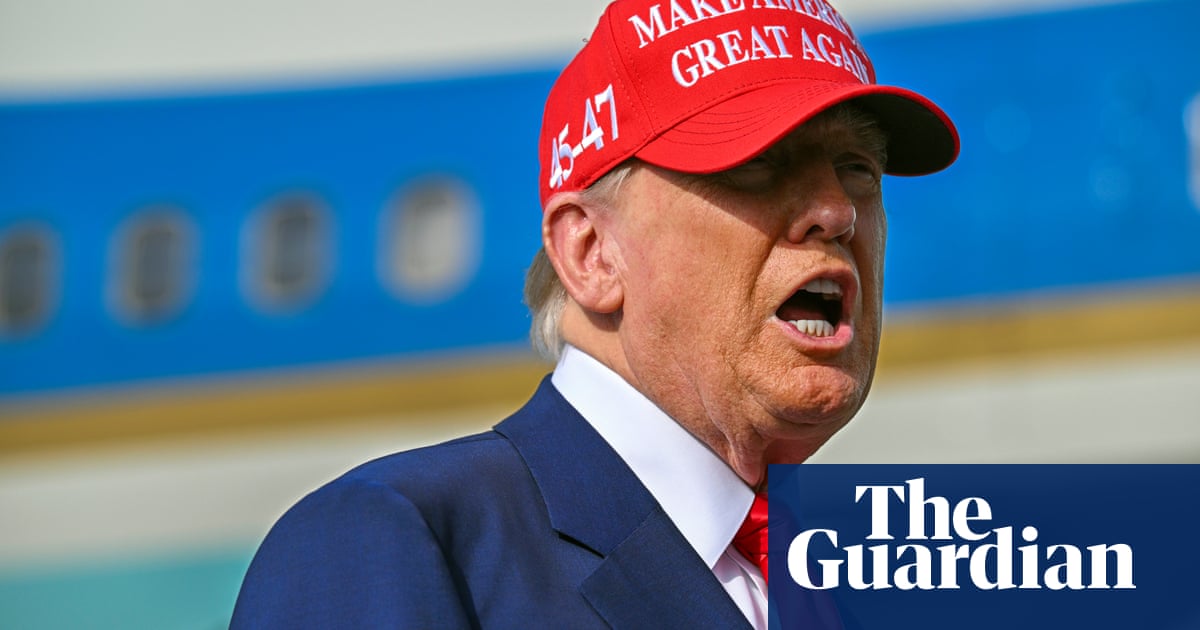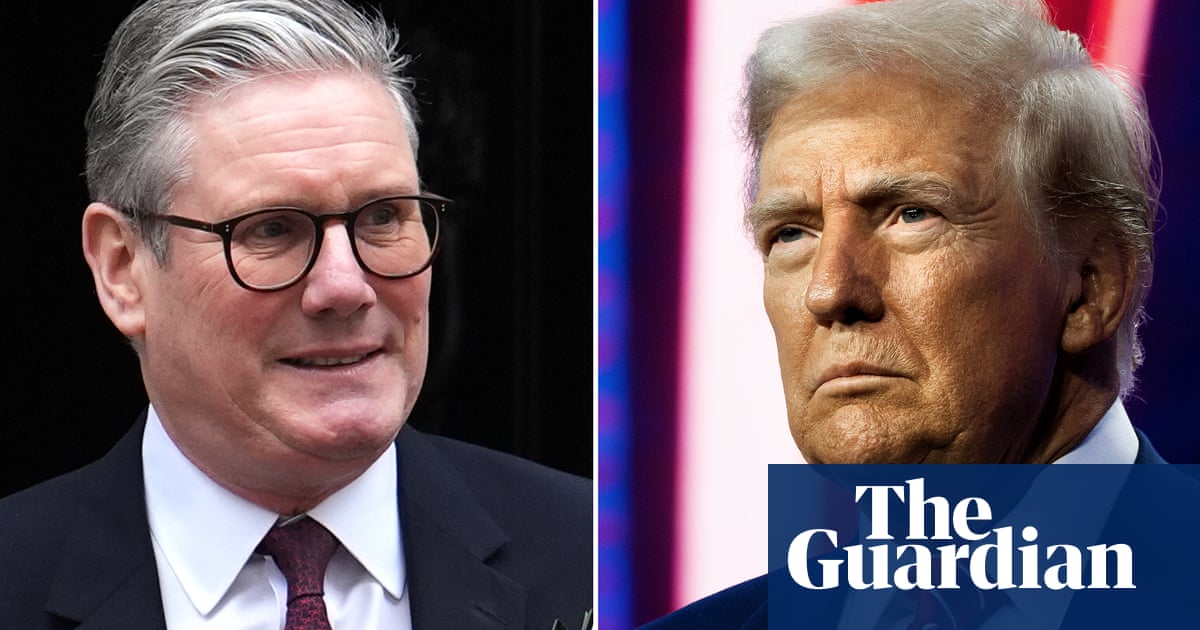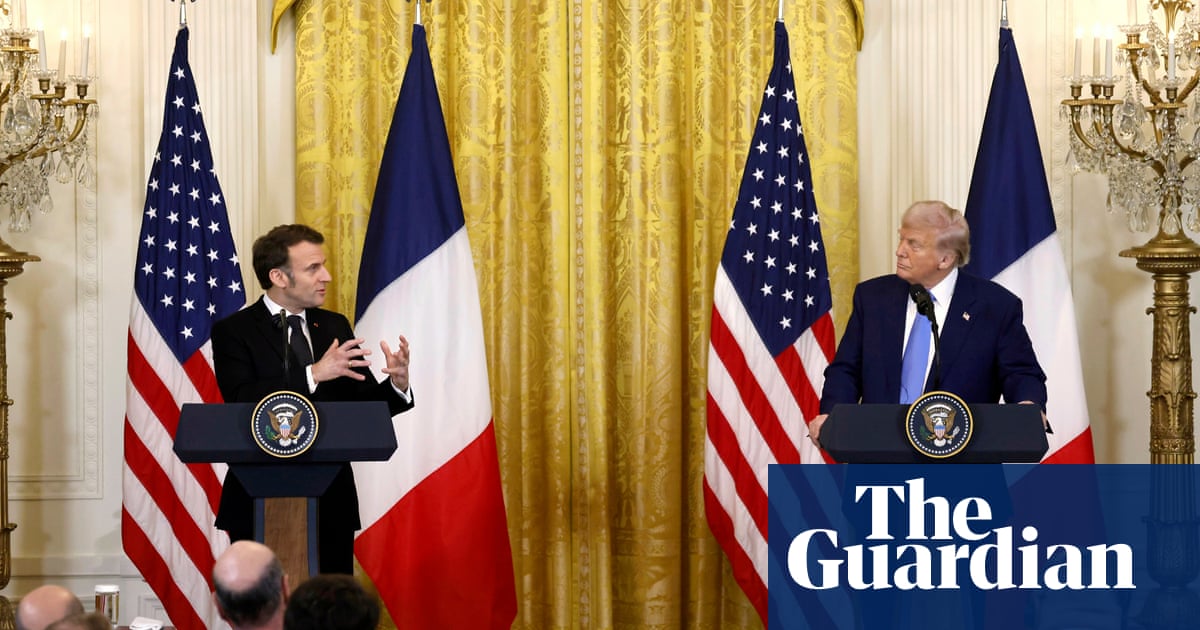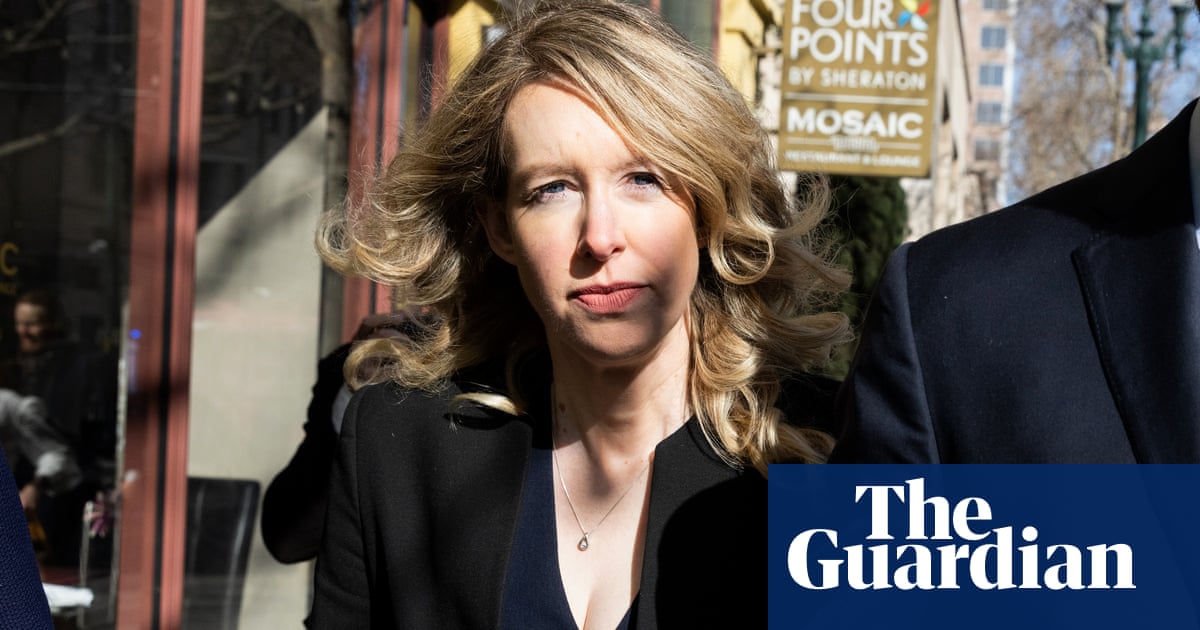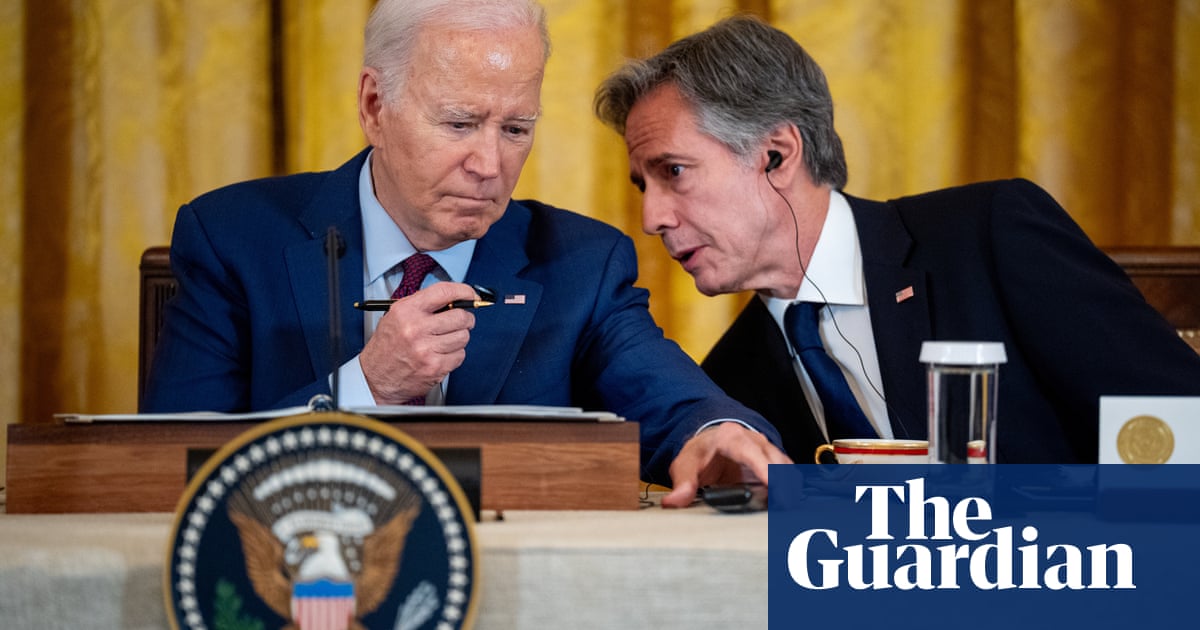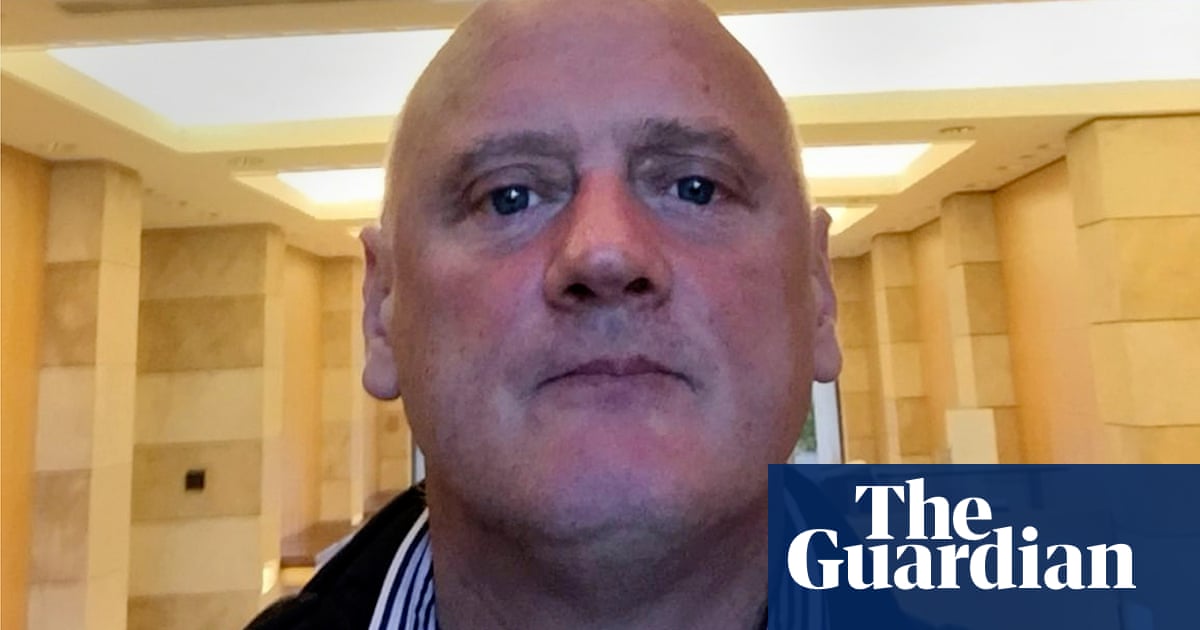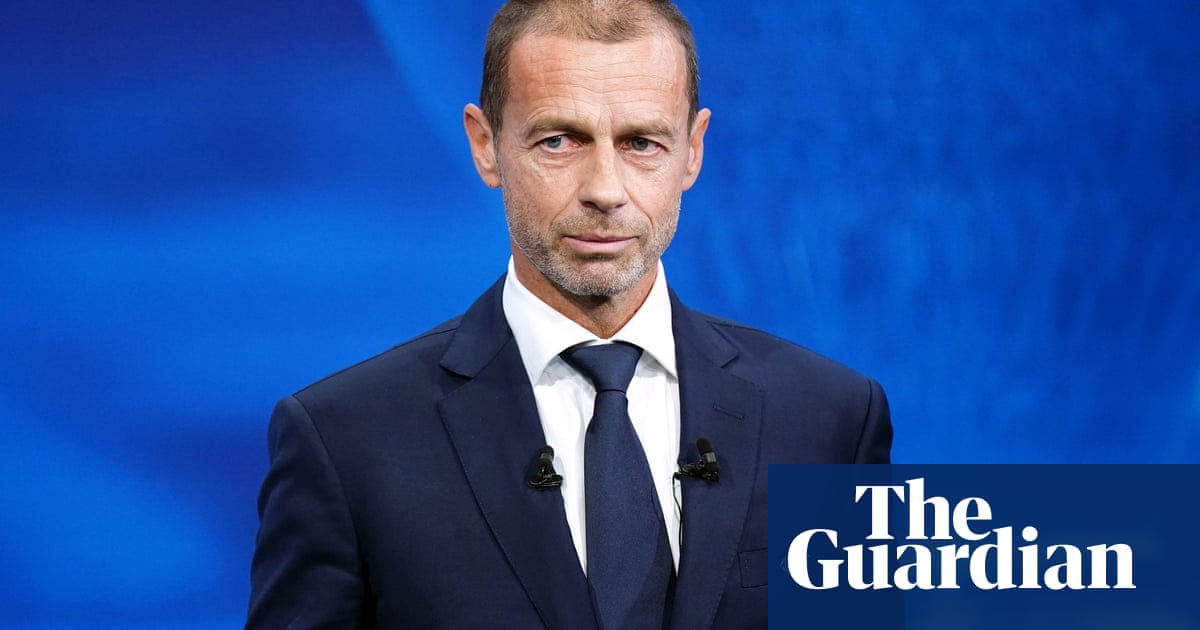MPs fear the government is moving too fast to re-establish UK-China relations as some consider naming the alleged spy who used his relationship with Prince Andrew to get access to the heart of the British establishment
Ministers will come under pressure this week to set a timeline to revive the Foreign Influence Registration Scheme (FIRS), which had been delayed until next year, and to put China on the enhanced category for threats.
Labour MPs are among those who are urging caution in the government’s warmer approach to China after the new revelations about the closeness of the now expelled Chinese businessman to the Duke of York.
The former security minister, Tom Tugendhat, told the Guardian that the enhanced tier of the scheme had been “specifically designed” to tackle the operations of the Chinese organisation apparently connected to the expelled businessman. However, there is still a question mark over whether China will be designated in that category by the Labour government.
FIRS requires individuals or entities to register where they are directed by a foreign power to carry out political influence activities and there is an enhanced category for some nations, likely to include Russia and Iran.
Conservatives have claimed the scheme was ready to be put into force by the last government but the Labour security minister, Dan Jarvis, said in a letter in October that preparations for the introduction of the scheme by the last government were not sufficient.
A Home Office source said the Conservatives had not left the scheme in a fit state to be enacted but that it was still the government’s intention for it to come into force.
There is currently a court anonymity order protecting the identity of the alleged spy, though that may be lifted.
Chris Philp, the shadow home secretary, said the spy should be named. “I hope the court change or cancel their anonymity order. There may be other people who have had contact with that person,” he told LBC.
Nigel Farage said he expected Reform UK MPs to attempt to name the businessman in the House of Commons this week under parliamentary privilege.
The former Conservative leader Sir Iain Duncan Smith is seeking an urgent question in the House of Commons on Monday or a government statement where he hopes to put new pressure on the government on FIRS.
The revelations come at an awkward moment for the UK government’s attempted reset of relations with Beijing, embraced by both Keir Starmer and Rachel Reeves in a push for healthier economic growth.
Reeves is expected to visit China in the second week of January, ahead of an expected visit by Starmer in 2025, which would be the first by a British prime minister in seven years.
There is growing unease about the government’s approach to China among some on the Labour benches and among trade unions. Five new Labour MPs have joined the China-sceptic group – the Inter-Parliamentary Alliance on China (IPAC).
Labour MP Blair McDougall, a member of IPAC who sits on the foreign affairs select committee, said: “This is a reminder you cannot separate one aspect of the relationship with China from others. China is not only looking at the world in commercial terms. We cannot be the naive ones in the relationship with China.
“My view of relationships with authoritarian countries is that, if you give them an inch, they take a mile. What may seem like an overreaction is actually a warning. We’ve been here before with Russia, where we try and have a positive relationship, and we let relatively small kinds of acts of aggression or espionage go. We’ve got to learn that lesson in terms of our relationship with China.”
Duncan Smith, one of the co-chairs of IPAC, will submit an urgent question on the influence of the United Front Work Department – the shadowy organisation that is said to be connected to the alleged spy – described as one of the “magic weapons” of the Chinese Communist party (CCP). The purpose of the department is to befriend influential figures and win them over to China’s way of thinking.
“We want to know what’s happening to the risk register? Are you planning to continue with it? And are you going to put China in the upper tier? So they’re going to come under pressure,” Duncan Smith told the Guardian.
Tugendhat said he believed FIRS would have captured the activities of the alleged spy, had it been in force. He told the Guardian it was vital China was in the enhanced category in order to detect the work of the United Front.
“The FIRS scheme is specifically designed to understand and protect against the work of United Front Work Department actions in the United Kingdom. It’s essential that China is on the enhanced scheme, to protect against this kind of attempt at influence.
“This doesn’t make Chinese citizens or businesses illegal, it gives a starting point for investigations and gives our intelligence services the tools they need to protect against this kind of espionage.
Duncan Smith said he did not know if an attempt to name the alleged operative in parliament would be successful. “It is ironic if parliament becomes the only place globally where nobody is allowed to name the guy – and this individual has been spying on this country.”
It was revealed over the weekend that Prince Andrew had been pictured alongside the man now banned from Britain in photographs at St James’ Palace.
The businessman, who had roles at key UK-China business groups, was filmed for a Chinese television documentary where he showed photographs of himself alongside the former prime minister David Cameron, in Downing Street and alongside the former prime minister Theresa May and her husband, Philip May.
According to court documents, the businessman was so close to the Duke of York, he was authorised to act on his behalf in an international financial initiative with potential partners and investors in China.
When the businessman’s phone was searched, officials uncovered a letter from March 2020 from Dominic Hampshire, a senior adviser to Prince Andrew, which referred to him being invited to the duke’s birthday party that month and said: “Outside of his closest internal confidants, you sit at the very top of a tree that many, many people would like to be on.”
In a rare statement, issued through his office, Andrew insisted he “ceased all contact” with the alleged spy, known as H6, after concerns were raised, and that “nothing of a sensitive nature was ever discussed”.
The letter also suggested the relationship had a potentially secretive nature, and said: “We have found a way to carefully remove those people who we don’t completely trust … we found a way to get the relevant people unnoticed in and out of the house in Windsor.”
A document was also found on the businessman’s phone that had “main talking points” for a call with the duke, which said he was “in a ‘desperate situation and will grab on to anything’.”
In the judgment this month, which upheld the alleged spy’s exclusion from the UK, the judge found he had “won a significant degree, one could say an unusual degree, of trust from a senior member of the royal family who was prepared to enter into business activities with him.”

 2 months ago
33
2 months ago
33
